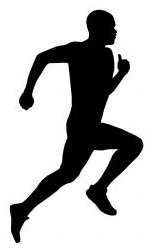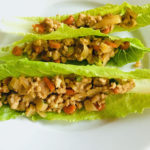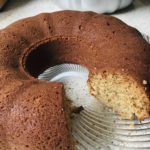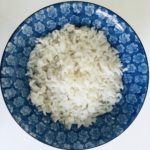“Winning Without Wheat: How a gluten-free diet powers one of the best cycling teams in the world — and how it can help you perform better and recover faster.”
This is the title of this month’s Men’s Journal Magazine report on a professional cycling team that was advised by their team doctor to cut out the gluten during the racing season. The results? Improved performance all around.
A couple of quotes from team members, as reported in the article:
“I just had all-around better digestion, and digestion is the biggest thing in utilizing the energy I consume.â€
“My performance really improved a lot — there was definitely a correlation.”
 Would being gluten-free help every athlete’s physical performance? It depends on who you ask. There are mainstream celiac-focused doctors who say that there is no evidence to suggest that a gluten-free diet helps those who do not suffer from celiac disease. However, there are other doctors and diet specialists who are now realizing the far-reaching effects of gluten, not just on those with biopsy-proven celiac disease. Gluten intolerance or gluten sensitivity may affect much more of the population than anyone currently knows, or that any studies currently show. And there is still another thought that wheat is simply difficult to digest for any human being. So, bad tummy = poor performance.
Would being gluten-free help every athlete’s physical performance? It depends on who you ask. There are mainstream celiac-focused doctors who say that there is no evidence to suggest that a gluten-free diet helps those who do not suffer from celiac disease. However, there are other doctors and diet specialists who are now realizing the far-reaching effects of gluten, not just on those with biopsy-proven celiac disease. Gluten intolerance or gluten sensitivity may affect much more of the population than anyone currently knows, or that any studies currently show. And there is still another thought that wheat is simply difficult to digest for any human being. So, bad tummy = poor performance.
My own athletic performance was certainly affected in the years before I was diagnosed with celiac disease. An avid runner, volleyball player and skiier, I experienced physical challenges. Exercise-induced asthma, aching knees and leg cramps forced me to stop in the middle of my runs. Temporary blindness like whiteouts halted me at the top of ski runs, and again those painful leg cramps inside my ski boots practically made my cry. Playing volleyball with digestive problems certainly didn’t help me soar to new heights! Since being gluten-free, I am a better athlete physically. No more asthma, leg cramps, joint pain or bad stomach to hold me back. (So what’s my excuse going to be now??)
The question that really remains is: how many people out there are sensitive or intolerant to gluten? If the number is high (as I believe it to be), then it makes sense that many athletes would experience benefits from a gluten-free diet.







nancy says
When I was diagnosed, my daughter also has had these symptoms so she went gluten free. She continues to have a lot of these symptoms, although they are much better. My doctor has gone so far as to say grain and lactose/casein free. This has helped her also. My question is, what specifically are you eating directly prior to athletic contests? She has a hard time with this so I am looking for help, grain free if possible. Thx.
alison says
Nancy,
I am certainly no expert on what is the best thing to eat before an athletic competition. For me, as long as I am not hungry — meaning I make sure I have eaten something — then I do well. I like to eat a LaraBar (fruit and nut bar), or a bowl of rice, but if she can’t have grains, what about potato or sweet potato? It may be hard to take with you somewhere, but if you roast little red or yellow potatoes with olive oil and salt, they are actually very yummy cold. At least that would fill her up! I also like to have bananas or turkey slices, or celery with hummus or a nut or seed butter. Anyone else have ideas?
nancy says
That sounds good. It is hard because she is 14 and hard to please. With soccer, track, swimming, etc I am looking for snack type stuff that will give her energy but easy and quick to eat and not bog her down. This gives me some options I hadn’t thought about and she might like these. Also, we have dealt with vitamin B and D deficiencies because of the malabsorption problem. Taking those supplements has helped her symptoms and performance, too. Maybe that might help you or others. Thx for your help.